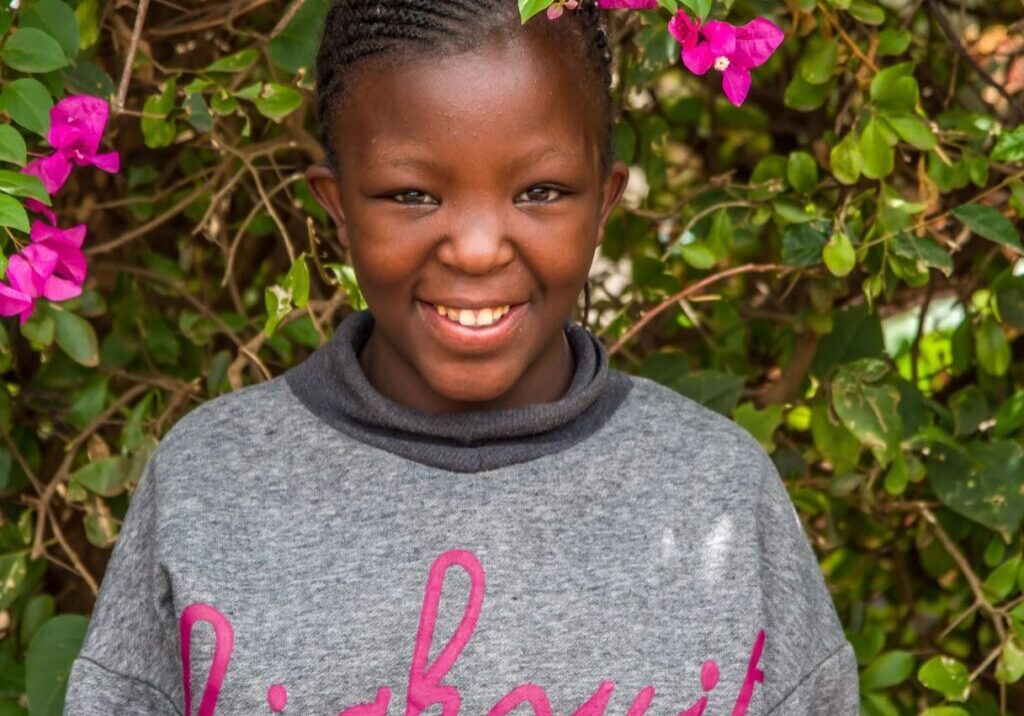Speaking for Those Who Cannot
By Colleen Briggs
There was a time in my life when trauma stunned me into silence. I unexpectedly learned about harm perpetrated against someone I love. A friend exposed the truth to me with kindness and sensitivity, but I walked away from the conversation shattered. I told no one even though surrounded by people who cared deeply for me. Two days later I met for the first time the person who caused the harm and who remained unaware of my knowledge of the truth. Several days after that I received medical confirmation—because of the incident, my loved one would suffer lifelong disability.
It was too much, too fast. Too much intensity in too few days. I shut down. Grief penetrated like an arrow so deeply buried that even the shaft disappeared into the aching flesh of my heart. I stopped verbalizing anything that wasn’t absolutely necessary for some time after.
I understand why people sometimes cope with trauma by refusing to speak.
Literally shutting down is one form of voicelessness.
But there are others.
At night, his mother locked four-year-old David in their Mathare Valley slum shack while she wandered off in search of alcohol to numb her own pain. She stumbled home in the morning, drunk and unaware as her starving child escaped and rummaged through neighbors’ trash in search of something, anything, to eat. In a place of social disintegration due to unfathomable poverty, no one seemed to notice. With six square miles with 500,000 people crammed into corrugated metal shacks, he was just another skinny little kid, part of the landscape of ordinary suffering.
Sometimes, even if you speak, you have no voice.
I stood on the rooftop, looking out over Kibera, largest slum in Africa and one of the largest in the world. I scanned an urban jungle of rusty corrugated metal structures piled haphazardly on one another, linked by jagged wires, a tumble of harsh red and gray edges stretching as far as I could see. Then I followed my friend down a staircase to street level and ducked into a closet-size workspace. Grace paused her sewing project, and I settled on a small wooden stool, leaning in to hear her soft voice over the cacophony of the street rushing by only a few yards away. When she was ten years old, she said, her mother died in Uganda. Sent to Kenya to work as a house-girl for her uncle’s family, sometimes she received food, but never enough. School was not an option. Four years later, her uncle died; and she was turned out to survive on the streets. She never learned to read and write. In a country where street kids regularly approach cars stuck in traffic to beg for something, anything, who would read what she might write, anyway? By the grace of God, at age 17, she married a good man; but he died too young. Today she dreams of writing a book about her life story. But her first priority, in the ravage of widowhood, is to scrape up enough money for her own children to attend school.
Sometimes, even if you want to speak, you have no voice.
Proverbs 31:8-10 New International Version (NIV)
8Speak up for those who cannot speak for themselves,
for the rights of all who are destitute.
9Speak up and judge fairly;
defend the rights of the poor and needy.
Across the world, poverty silences people. Their voices simply cannot penetrate trauma, disease, neglect, abuse, starvation, orphan-hood, lack of education.
I think about voicelessness differently after my own episode of reactive mutism. Trauma drove me deep into myself, into a dark trapped place. Words seemed pointless, inadequate. Thankfully, people who loved me didn’t let me stay there. They pursued me, listened to my grief, and drew me out to a place where I found my voice again. I was lucky to be able to access professional support. The adage, “What is shareable is bearable,” proved true; and God provided a path to healing.
Pastor Karau, Hope’s Promise Kenya Country Coordinator, once said jokingly to a Hope’s Promise Connection Team, “Follow me as I follow Jesus.” He led us down from the rooftop of Mathare Worship Centre, which overlooks Mathare Valley, laid out like a ragged, jagged quilt of rusty metal squares. Then he led us out into the slum.
That’s where Pastor Karau met four-year-old David. He got up close and personal enough to hear that tiny desperate voice. Then he spoke out and told other people about David; and together they did something about it. Now, David has been folded into a Hope’s Promise family; and visitors from all over the world want to hear what he has to say.
I met Grace face-to-face and listened as she told me her story. Now I can’t stop thinking about her, praying for her, and telling people about her whenever I can.
You see, it’s easy to speak up for others when you understand that the avalanche of statistics is made up of individual voices. When you get close enough to lean in and listen—to look into a person’s eyes, to realize “what is shareable is bearable” and they just shared their story with you—you start talking. You don’t need a formula or guidelines or points of action. Their stories pierce your heart, and you simply start speaking up for those who can’t speak for themselves. You write in your blog or write a book or create art. You collaborate with others to host an awareness event. You tell your Bible study group, co-workers, strangers in the grocery store.
So, here’s my question: are you getting close enough to hear the quiet plea of the voiceless? And if their cry is faint, get closer to them in your own country. Or go to another country and meet them (maybe with a Hope’s Promise Connection Team). Or encounter them in books like “Half the Sky” by Nicholas D. Kristoff and Sheryl WuDunn or “The Global Orphan Crisis” by Diane Elliot.
Then, start speaking up.
Colleen graduated from the University of Denver with a degree in Fine Arts in 1993, but her wild journey of following Jesus around the world since then motivates her attempts to capture in words and images His passionate pursuit of each of us. Colleen witnessed first-hand His light shining brightest in the darkest corners of the world, in places such as Mathare Valley slum of Nairobi Kenya and poverty-stricken mountain regions of Vietnam.
Colleen is married and has four children, two adopted from a Kenyan orphanage. Haunted by the children left behind they helped to pioneer two Hope’s Promise children’s homes in Kenya, now home to 24 former orphans. Colleen pursue’s Jesus in full-time art, photography, and writing and being home with her children. In images and words, she searches for “fragments of light” – evidence of God’s relentless presence with each one of us, of His ability to redeem suffering, and of His intent to give each one of us a hope and a future.



